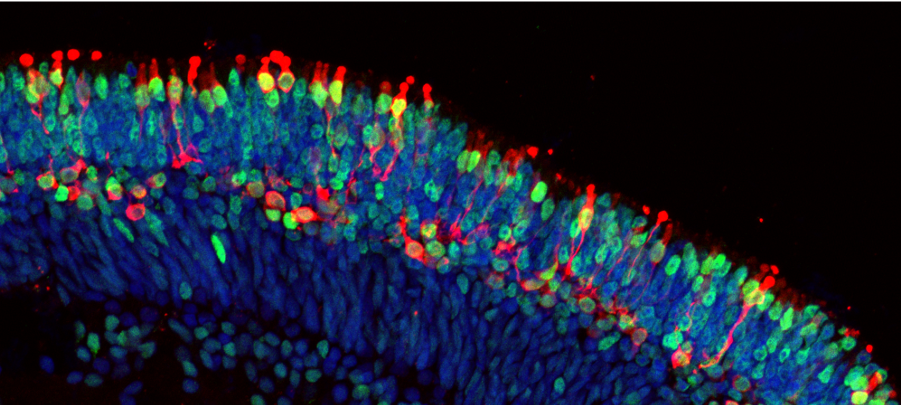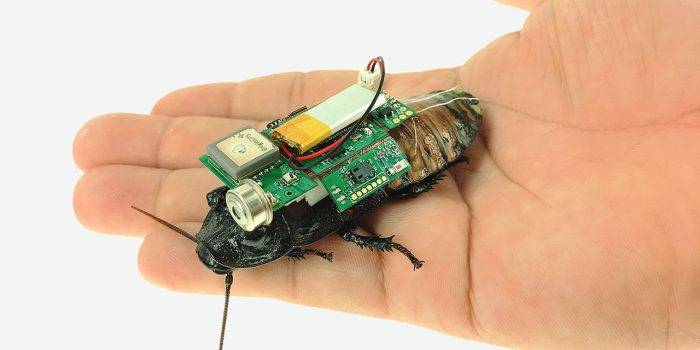The popular beverage coffee is known for its stimulating effects, primarily due to its caffeine content. It contains a wide range of bioactive compounds, including caffeine, trigonelline (TG), and nicotinic acid (niacin or vitamin B3). Each of these compounds has distinct effects and potential health benefits.
However, trigonelline is a lesser-known compound in coffee.
Although trigonelline is coffee beans’ second most abundant alkaloid after caffeine, it is not as well-known as caffeine. Trigonelline is believed to contribute to the bitter taste of coffee while also influencing its flavor and aroma.
A new study led by researchers at the University of Tsukuba in Japan investigated how trigonelline (TG) improved learning and memory decline in aged mice.
In this study, researchers administered trigonelline (TG) to mice with age-related memory issues. After 30 days, mice receiving TG showed improved spatial learning and memory, which are often linked to hippocampal damage and age-related cognitive decline.
This study is particularly interesting because it provides the first evidence showcasing trigonelline’s (TG) ability to enhance learning and memory. Furthermore, it’s noteworthy that TG is a naturally occurring compound present in a variety of foods and beverages, including coffee, green tea, and fenugreek.
Promising Candidate for Age-Related Cognitive Decline Treatments
As the world’s population continues to age, extensive research efforts have been dedicated to identifying strategies for mitigating or preventing age-related cognitive decline. These findings pave the way for the development of a potential medicinal supplement aimed at addressing or averting age-related cognitive decline.







